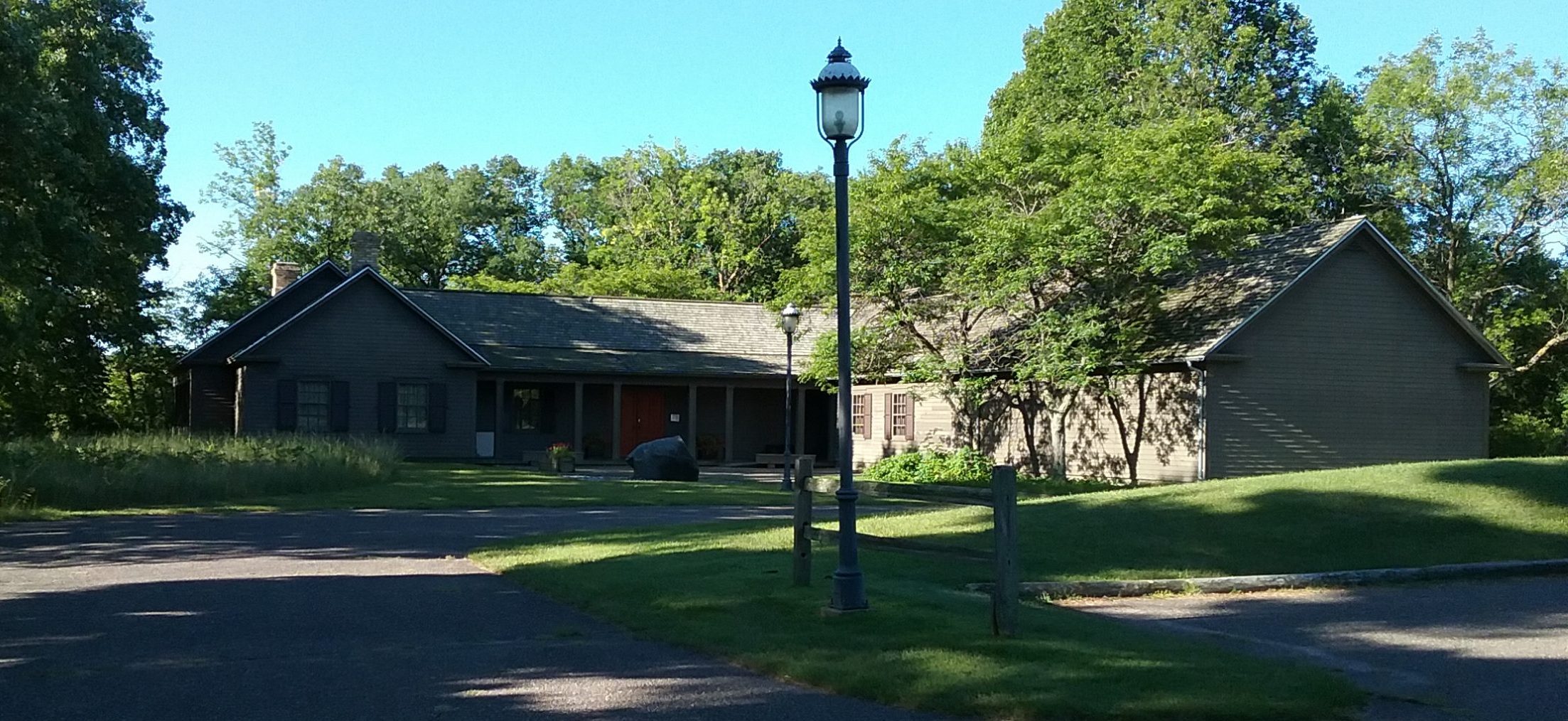Horses
We had this one white horse – kind of speckled gray — dirty looking gray. He was getting to be an old horse, and they always used him when they needed an extra horse. Sometimes they used 3 horses for thrashing and different jobs. The neighbors used to borrow him when they needed an extra horse. When they got through using him they would just tell him to go home, and he would walk home even if several miles, he would still come home. My Dad sold him to a guy 20 miles away by Little Falls. Two weeks after he was sold, the horse was standing at the barn – he walked home – had gotten away from the guy. So the guy came back and got the horse and kept him locked up.
Working in Montana
When I was 17 or barely 18, everybody from Minnesota used to go out to the Dakotas or Montana to work harvesting the wheat. When we got paid, everything was in silver dollars. I went to the bank and cashed the check from the farmer who had hired us and he wanted to give me all the money in silver dollars. I said, “Now how am I gonna carry all that home to Minnesota?” I insisted that they give me paper money. In the old days they called them wagon wheels. A silver dollar was called a wagon wheel. Everyone was carrying them, but now you don’t see them.
In the Navy
I used to be stationed at the Naval Air Station in Great Lakes, which was between Milwaukee and Chicago. It was a naval station and training center. I used to get 72-hour passes for a long weekend to go to Milwaukee to visit my uncle, Paul Rudie, my dad’s brother. They were so good to me and fixed me meals. My cousin, Marian, was a couple years older than me would take me out for the evening (roller skating, dancing, and seeing the town and running around for the entire weekend). Paul would let me use his car. One weekend, we put so many miles on the car that the gas gauge looked like it was down to empty, so I had put in some gas in. The next weekend when I came to visit, Uncle Paul insisted on giving me the money for the gas. “No,” he insisted, “I put the gas in the car for you. I was in the service in World War I. I know what it’s like to be a serviceman who ain’t got any money.” So he insisted that I didn’t pay for anything like that. I spent many weekends at their house and it was very enjoyable — good memories.
Out of the Navy
A few weeks while I was being processed, there were barracks where we hung out for 30 days or so playing cards waiting for the paperwork to come through. I decided I was going to fly home. I got a ticket on a DC3 a little 2-engine airplane they had in those days. The route was Portsmouth to Virginia to Washington to Pittsburgh to Chicago to Minneapolis. We boarded the plane and we sitting in little rows. There was no separation between us and the pilot. So everyone is all aboard. Pilot turns on the switch, cranks up one engine, then the other and starts taking off – didn’t warm up the engines at all. We started down the runway and there was a puff of black smoke. One engine sputtered and almost died, and suddenly we were sinking and going down like we were landing. Then suddenly it started back up and he revved it up, and then we were up and away. There were no terminals or anything like today. When we got between Chicago and Minneapolis, there was turbulence. The plane was jumping up and down. We couldn’t read a newspaper or anything. The reason I wanted to fly home is because we had so much traveling on trains in the Navy going from San Diego to Chicago to Milwaukee, and the trains took forever poking along. So I said I don’t wanna ride in a train ever again. When we landed in Minneapolis, I took a bus. Royalton is where I used to go, then I called my folks on the farm and they would come and get me. After I was back on the farm hanging out for a while, I became friends with the guy that ran the liquor store in Bowlus, Albert Lutitsky. He was about my age, we hung out and went to dances and drove around.
